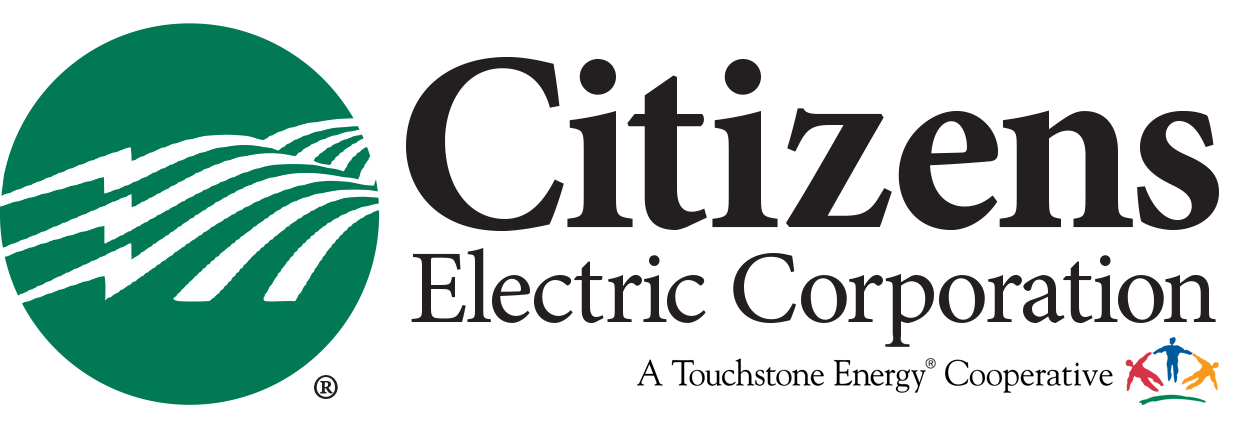By Steve Elsea, Manager of Member Services
I was recently requested on Facebook to “friend” an elderly cousin of my father’s. It was her picture alright. I hadn’t seen her in years, but I accepted, and she was added to my “friend” list. She then asked me how I was, and I gave her a brief update about what I had been doing. I had heard that one of her daughters had been injured in an accident and asked her (by name) how her daughter was doing. She said she was doing better. Then she asked me if I had received the government COVID check. Yes, I told her that we had like everyone else. She said that we could receive another check and offered a link to apply. Then I got suspicious.
I did some checking and found out I had given her the wrong daughter’s name, but she didn’t correct me. She followed up an asked me if I had applied for the new government funds yet. I told her that I would look into it. After repeated messages about whether I had followed the link, I quit responding. It was evident that my cousin’s Facebook account had somehow been hacked and someone was impersonating her.
Anymore, it’s often difficult to know who’s who.
“It’s easy to manufacture a fake persona, or scammers can hack into an existing profile to get ‘friends’ to con,” according to a recent report from the Federal Trade Commission.
According to the FTC about one-fourth of all reported fraud losses stemmed from scams on social media in 2021; $770 million in total losses, which is an 18-fold increase from 2017, according to the agency’s latest Consumer Protection Data Spotlight report.
Solar Scams
And the scams are not just confined to social media. Citizens Electric members have reported that they have been approached by individuals who claim to “work with Citizens” or somehow imply that Citizens endorses them.
Citizens Electric does not make such endorsements, and it is a deliberate misrepresentation when someone implies that they are somehow connected to our company.
Good Member Scams
In the past, utility scams were about scammers masquerading as the utility and threatening to disconnect service for nonpayment. They require some form of immediate payment. Now, scammers are contacting cooperative members suggesting that the member has overpaid their utility bill. To obtain a refund, the member must provide some form of financial information. These fraudsters have ‘flipped the script’ on the typical utility scam. The member is told that they are being contacted for being a good member.
Caveat Emptor!
Consumers should never give financial information to anyone who has contacted them whether by phone, regular mail, email, social media, or in person. If someone purports to represent a company (or government agency), call that organization using a published phone number (not one given by the potential scammer) to verify the information conveyed by the potential scammer. Remember: Caveat Emptor! Not many of us understand Latin, but this phrase may sound familiar. It means, “let the buyer beware!”
